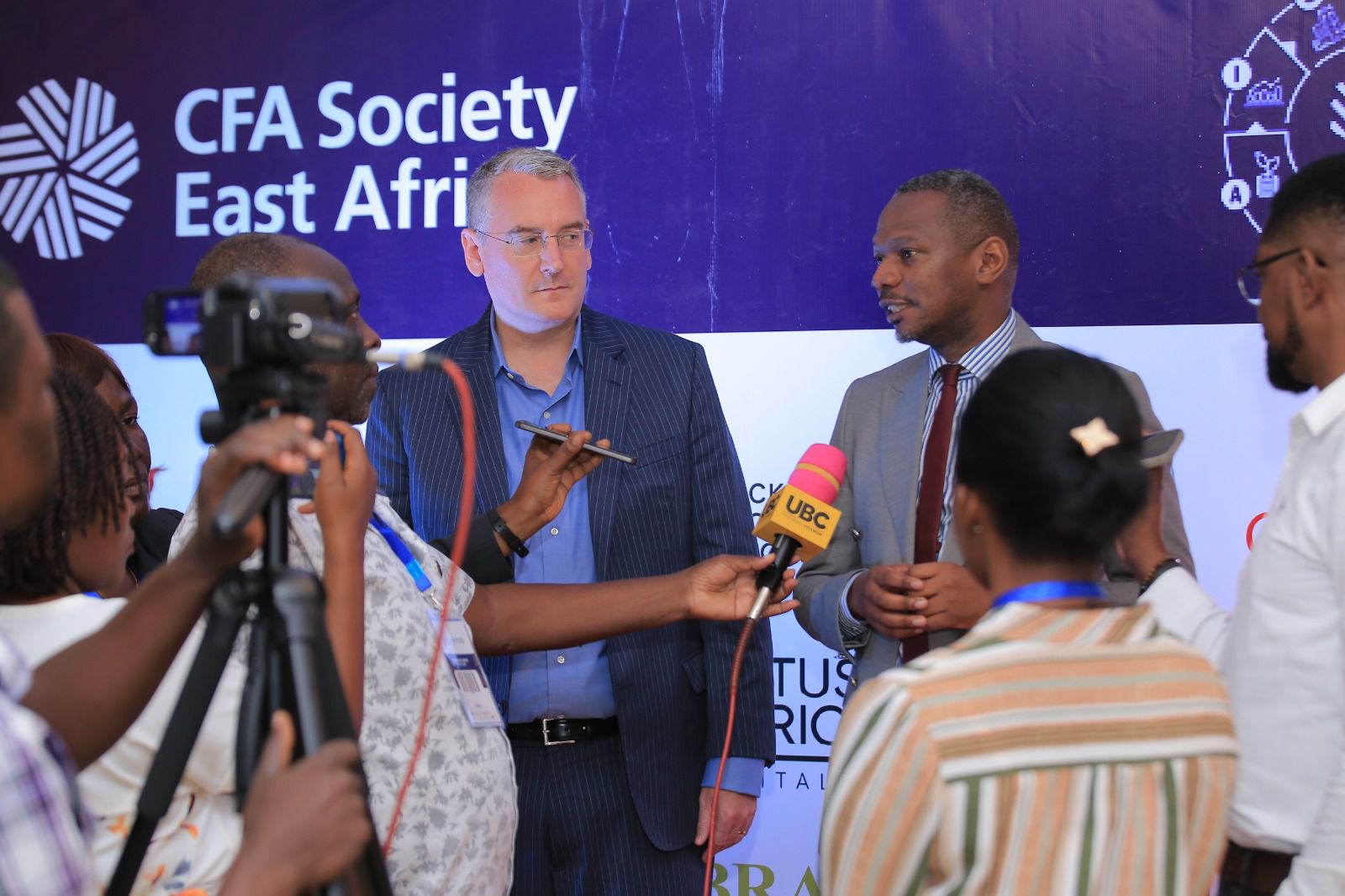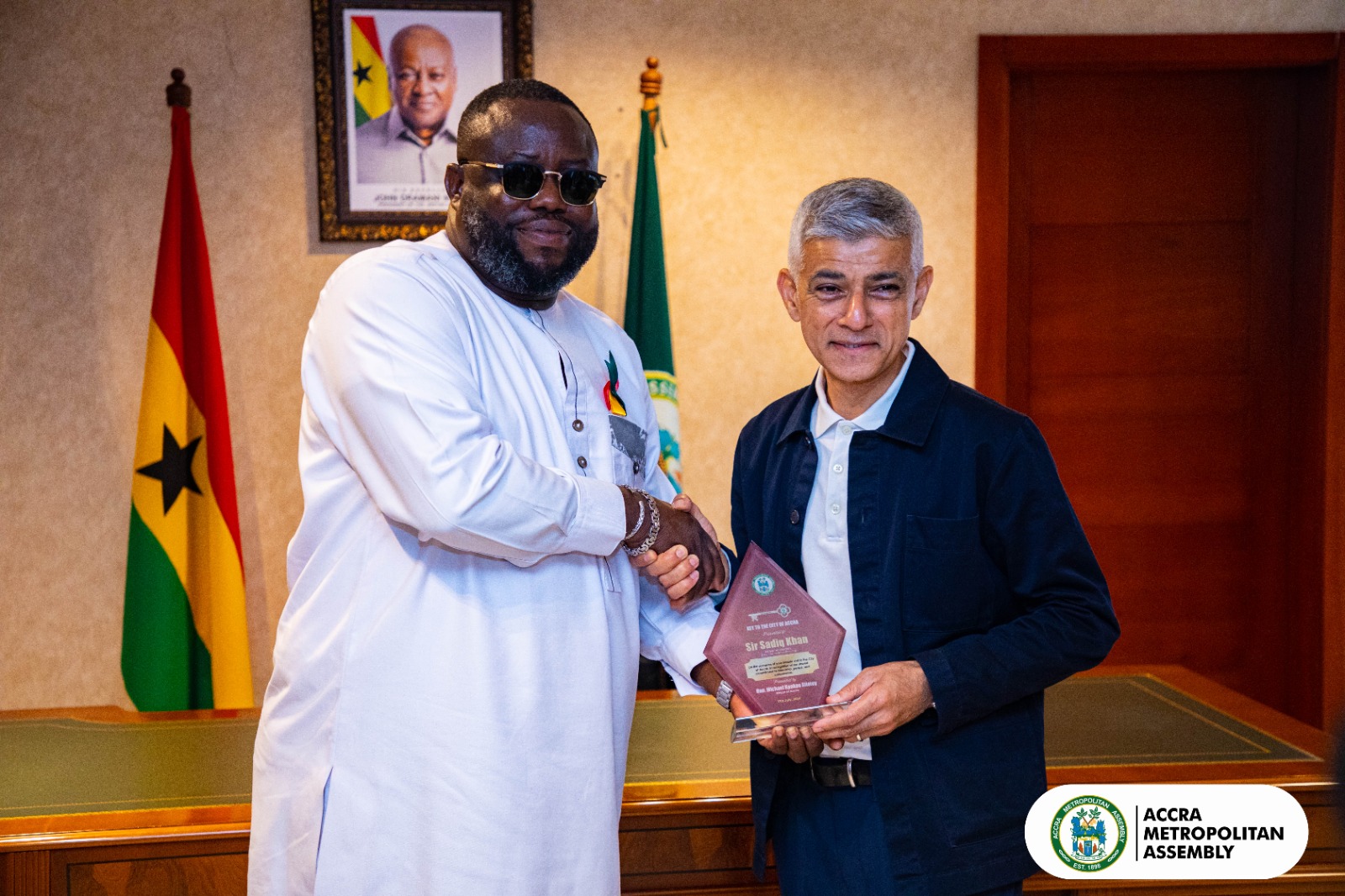From policy to practice: Affirmative Action and the women at Ghana's health helm: A history etched in quiet brilliance
Ghana’s journey toward gender equity in healthcare governance has spanned decades. In 1996, Dr Eunice Brookman-Amissah made history as Ghana’s first female Minister of Health. She served with conviction and clarity, championing access to reproductive health and later becoming an international advocate for women’s health rights across Africa.
In the early 2000s, Dr Beatrice Wiafe-Addai established Breast Care International, empowering thousands of Ghanaian women through awareness, early detection, and treatment of breast cancer. Her pioneering work set a benchmark for female-led health interventions.
Then in 2010, Professor Afua Hesse, Ghana’s first female paediatric surgeon, rose to the presidency of the Medical Women’s International Association. Her leadership in surgical training and policy advocacy opened doors for many young women in medicine.
In 2017, Delese Mimi Darko was appointed CEO of the Ghana Food and Drugs Authority (FDA), becoming the first woman to hold the role. She now serves as Director-General of the African Medicines Agency, proving that Ghanaian women are not only capable of leading but are already shaping global health policy.
These milestones illustrate more than just appointments. They speak to a quiet revolution—an affirmation that women can and must lead, especially in sectors where their lived experiences are central to national development.
In this spirit, the appointment of Professor Dr Grace Ayensu-Danquah as Ghana’s Deputy Minister of Health is a defining moment. It invites reflection not only on her significance but also on the enduring legacy of women in health leadership since the country’s return to constitutional rule in 1992.
The question of why women must lead in health policy is not one of preference—it is one of logic.
Women constitute more than 51 per cent of Ghana’s population. We represent the majority in health-seeking behaviour, form the bulk of frontline healthcare delivery, and are most affected by public health policies. We are mothers, caregivers, nurses, midwives, and community health workers. And all too often, we bear the consequences when health systems falter.
Yet, leadership within the sector, at ministerial, administrative, and strategic levels—has remained largely male-dominated. How can health systems be truly effective when those shaping them cannot fully relate to the experiences of their largest constituency? When women lead, especially in health, they bring insight, empathy, and grounded perspectives into policymaking spaces.
In July 2024, Ghana passed the long-awaited Affirmative Action (Gender Equality) Act. It aims to ensure: 30 per cent representation of women in decision-making by 2026; 40 per cent by 2028; and 50 per cent parity by 2030.
This legislation is not about favouritism or biasness. It is a strategic correction of structural imbalances that have marginalised women for decades. It is an instrument of fairness designed to reflect the realities of a democratic and inclusive society.
However, legislation alone cannot achieve these goals. Laws do not implement themselves. Achieving these targets will require political will, institutional alignment, adequate resourcing, and continuous public advocacy.
The health sector offers a compelling case for urgency. It is a space where gender disparities have the most tangible consequences from maternal mortality to access to reproductive healthcare, and from frontline burnout to underrepresentation in leadership roles.
You belong in these rooms. To every young Ghanaian woman in secondary school or university who wonders whether her voice matters in these corridors of influence, I say: it does. You are not too ambitious. Your voice is not too small. And your dreams are not too far-fetched.
Representation is not a buzzword. It is a pathway to equity, efficiency, and empowerment. When a woman with a stethoscope sits at the policy table, or when a public health worker becomes a minister, the entire system benefits. The world shifts—even if just a little.
While appointments like Dr Ayensu-Danquah’s inspire national pride, they also underscore the fact that representation alone is not the destination. Transformation is.
We need more women in district assemblies, health directorates, research institutions, and regulatory bodies. We must demand political parties to field more female candidates. Public institutions must be tasked to mentor and promote women intentionally. And society must be sensitised to respect, support, and protect female leadership.
We must also bridge the gap between policy and practice. The Affirmative Action Act must not sit dormant. Legislative instruments must be developed to enforce it. Budgetary allocations must support it. And stakeholders must measure and report on its impact.
Women have been leading Ghana’s health sector for decades. They have built, served, and saved lives—often without the authority to reform the systems they serve. But today, the tides are shifting.
With the Affirmative Action Act as our roadmap, and women like Dr Grace Ayensu-Danquah as our compass, we are entering a new era—one where health systems are shaped by empathy, informed by lived experience, and guided by leaders who understand the burdens and brilliance of womanhood.
Let us not squander this moment. Let us honour it, multiply it, institutionalise it.
Because when women lead in health, the whole nation heals.
The writer is a Justice, Health & Gender Advocate
BY OHEMAA ACHIAA AGYEKUM
You may also like...
Diddy's Legal Troubles & Racketeering Trial

Music mogul Sean 'Diddy' Combs was acquitted of sex trafficking and racketeering charges but convicted on transportation...
Thomas Partey Faces Rape & Sexual Assault Charges

Former Arsenal midfielder Thomas Partey has been formally charged with multiple counts of rape and sexual assault by UK ...
Nigeria Universities Changes Admission Policies

JAMB has clarified its admission policies, rectifying a student's status, reiterating the necessity of its Central Admis...
Ghana's Economic Reforms & Gold Sector Initiatives

Ghana is undertaking a comprehensive economic overhaul with President John Dramani Mahama's 24-Hour Economy and Accelera...
WAFCON 2024 African Women's Football Tournament

The 2024 Women's Africa Cup of Nations opened with thrilling matches, seeing Nigeria's Super Falcons secure a dominant 3...
Emergence & Dynamics of Nigeria's ADC Coalition

A new opposition coalition, led by the African Democratic Congress (ADC), is emerging to challenge President Bola Ahmed ...
Demise of Olubadan of Ibadanland
Oba Owolabi Olakulehin, the 43rd Olubadan of Ibadanland, has died at 90, concluding a life of distinguished service in t...
Death of Nigerian Goalkeeping Legend Peter Rufai

Nigerian football mourns the death of legendary Super Eagles goalkeeper Peter Rufai, who passed away at 61. Known as 'Do...



